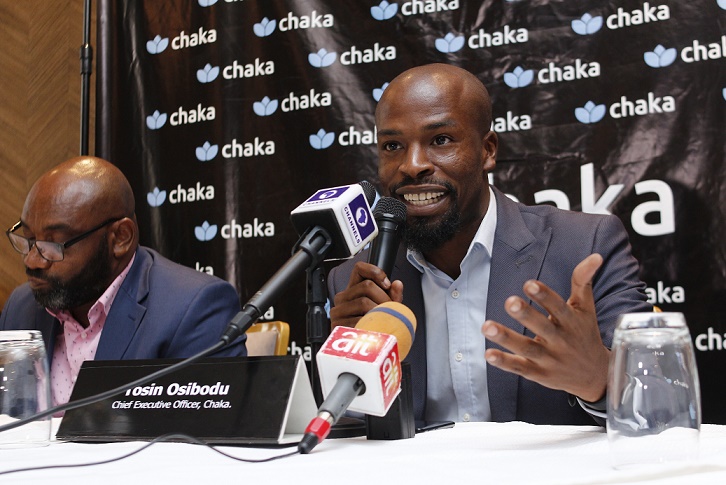Mobility has been a major challenge in Nigeria and Plateau state has been one of the states with the worst hit. Despite its recognition as a metropolitan accompanied by infrastructural developments, the state has always had a question as to how to be the right place at the right time without the hitches of jumping different vehicles with the difficulty of mobility and avoiding issues of been robbed.
Opay seemed to have been an answer to the prayers of many persons. One that had a brilliant fintech in its multiplicity of functions and programming as a technological company, the 2018 created app found its way into Nigeria the same year of launch and gained mass presence towards the mid/latter months of 2019.
Many had welcomed it; although their skeptical approach towards it at first might have hindered its productivity and growth.
As a result of its comfortability, pricing and easy accessibility, it became the favourite and gave residents of Jos an opportunity to brag with their counterparts in the southern and western areas of the country.
However, the venture didn’t last much long after a certain hike in pricing and also, lots of contributory flaws brought about its flop and exit outside the Tin city state.
Speaking with various residents of Plateau state, many had diverse opinions as to why they believed and felt Opay became a sudden disaster after many appraisals.
Most of the opinions were encircled around Opay’s pricing. Recalling that once upon a time, Opay had offered a 10 naira first ride fee during its black Friday days and many banked on that opportunity with gladness and satisfaction. But recently, many turned an eye after there was a price increase. Many also believed that their pricing strategy wasn’t relatable to the demographic setting of their host state.
Ms Nelsia, a student of the University of Jos said, “They didn’t study their market well and thus when they added an extra to their pricing, they failed”. Concurring with her statement, Barrister Ndam Ponzing, a lawyer also stated their first mistake. In his words, “They tried to change too much at once, they took away customer comfort which was key to their start-up model, they didn’t consider the sustainability of their market pricing (this was their first mistake)”.
Now who is to blame? The company or its customers?
Taking a diverse opinion, Mr Nanlir, a recording artist revealed that the hands of government were a part of the failures of Opay. He said, “The Plateau state government continuously increased tax rates for the company, for that reason they had to take price up to stay profitable. People in Jos frowned at this price increase, resulting in to decline in patronage. This is according to one of their staff”.
A total defensive opinion was brought up during our interviews with residents in Jos and a certain Mr Raphael Daniel revealed that Opay never did have a long term plan in staying and so, their exit wasn’t a shocker. In his words, “I can recall when their agents came to enlighten us about it in school then, they were clear about it, that they won’t stay in Jos for long, they will move to another place or state rather. So I am not surprised that they are not functioning as Keke riders anymore”.
Now with all these clearly enumerated, who’s to blame? Opay, the government, customers, riders or the general public?
This’d have been an excellent venture which would have helped boost and promote business opportunities in the city of Jos. We may or may not have the final say but lots of analysis need to be carried out to prevent a loop for the next outside technological business to come to Jos.
Recall that in July 2020, OPay temporarily shut down its transportation and logistics verticals in Nigeria as it focuses on building its e-commerce services and core payments business. According to TechCabal, the company confirmed it will “pause” bike hailing service, ORide; car-hailing service, OCar; and OFood, its food delivery service. OPay is also shutting down OExpress, the logistics service launched after the February ban on bike hailing in major parts of Lagos. It did not give a hard date for when these services will be re-launched.
































